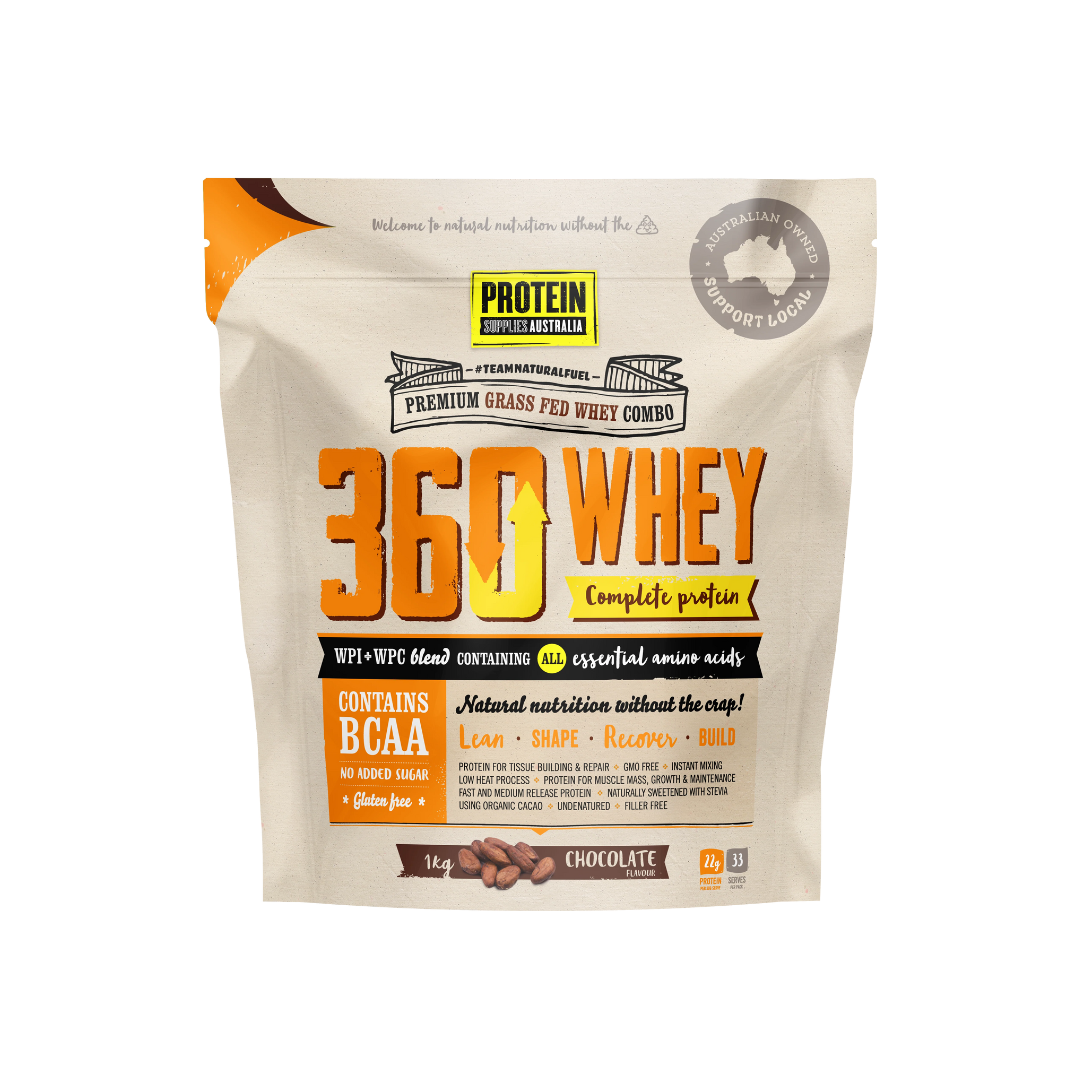Protein shakes have become a staple in the diets of athletes, gym-goers, and health-conscious individuals alike. Whether your goal is building muscle, losing weight, recovering from intense training, or simply ensuring you meet your daily protein intake, protein powder shakes offer a convenient and effective solution. But one common question remains: how many protein powder per day is actually healthy?
This comprehensive guide explores the science behind protein intake, how it relates to your body weight, the optimal number of protein shakes you can safely consume, and how to balance them with whole foods for a truly healthy diet. From muscle growth and weight gain to digestive issues and protein deficiency, we break it all down so you can make informed, goal-oriented decisions.
Let’s dive into the fundamentals, starting with why your body needs protein and amino acids in the first place.
Why Do We Need Protein for Daily Function and Health Benefits?
Protein is one of the essential macronutrients your body needs to function properly. It supports everything from muscle building and muscle recovery to immune function and hormone production. Consuming enough protein ensures the maintenance of lean muscle mass, especially as you age or engage in regular exercise.
Your muscles are constantly undergoing a cycle of muscle protein breakdown and muscle protein synthesis. To tip the balance in favour of muscle growth, adequate protein intake is vital. If you're trying to lose weight, gain muscle, or simply maintain a healthy diet, prioritising your daily protein intake should be at the top of your nutrition goals.
How Much Protein Do You Need Per Day?
Determining how much protein you need depends on your body weight, activity level, and goals. Here are the general guidelines:
-
Active individuals & athletes: 1.4 to 2.0 grams per kilogram
-
Older adults: Up to 1.5 grams per kilogram to prevent muscle loss
For example, a person weighing 75kg who exercises regularly might need:
75kg x 1.6g = 120g of protein per day
This total can be achieved through whole foods, but many choose to use protein supplementation to help fill the gaps, particularly through protein powder shakes.
Using Protein Powder Effectively
Using protein powder effectively requires a combination of proper nutrition, consistent training, and adequate rest. Here are some tips to help you get the most out of your protein powder:
-
Timing is everything: To maximise muscle growth and recovery, take your protein powder within 30-60 minutes after your workout. This is when your muscles are most receptive to nutrient uptake, enhancing muscle protein synthesis.
-
Mix it up: Experiment with different flavours and types of protein powders, such as whey protein, casein, or plant-based options, to find what works best for you. This not only keeps your routine interesting but also ensures you get a variety of essential amino acids.
-
Don’t overdo it: Stick to the recommended serving size on the protein supplement packaging. Overloading on protein powder can lead to digestive issues and may decrease its effectiveness. Remember, more isn’t always better.
-
Combine with other nutrients: Pair your protein powder with other essential nutrients like carbohydrates, healthy fats, and fiber. For example, blend your protein shake with fruits, oats, or nut butter to create a balanced meal that supports overall health and muscle growth.
By following these tips, you can ensure that your protein supplementation is both effective and enjoyable, helping you achieve your fitness and nutrition goals.
How Many Protein Powder Per Day Should You Have?
Here’s the truth: there’s no one-size-fits-all answer to how many protein powder per day you should consume. It depends on how much protein you’re getting from food sources versus protein supplements. Different protein powders offer varying amounts of protein and amino acids, which are essential for muscle building and recovery.
If your protein needs are 120g per day, and you’re getting 80g from animal based proteins like eggs, chicken, and dairy, you may only need 1 whey protein shake per day to bridge the gap. Someone with higher protein needs, like a bodybuilder, might consume 2 or 3.
Most protein powders deliver 20–25 grams of protein per serving. So:
-
One shake = ~25g of protein
-
Two shakes = ~50g
-
Three shakes = ~75g
As a general rule, limit your intake to 2 protein shakes per day and aim to meet the rest through a balanced diet rich in complete protein from animal based protein powders or plant-based sources like lentils, soy, or brown rice.
How Much Protein Powder Per Day is Too Much?
While protein powder is convenient, too many calories from any source—especially in powder form—can lead to weight gain. Over-relying on protein supplements can also displace important other nutrients from whole foods that contain fibre, vitamins, and minerals.
That said, studies show that even high protein diets (up to 2.8g/kg) don’t result in any proven health risks in healthy individuals. However, people with pre-existing kidney disease or heart disease should consult a registered dietitian before significantly increasing protein consumption.
How Many Grams of Protein Can the Body Absorb Per Meal?
This is a hot topic! While the body doesn't have a strict upper limit, research suggests 20–40 grams of protein per meal optimises muscle protein synthesis. Consuming much protein beyond this may not be fully used for muscle building, though it still contributes to overall nutrition.
Timing and Distribution of Protein Intake
Experts recommend splitting your daily protein across 3–4 meals or shakes to maximise muscle protein uptake. For instance:
-
Breakfast: 30g from eggs and oats
-
Lunch: 30g from grilled chicken
-
Afternoon snack: 25g from a protein supplement
-
Dinner: 35g from steak and legumes
This helps provide a steady stream of essential amino acids for muscle recovery and lean mass maintenance.
Is Too Much Protein Dangerous?
Contrary to outdated myths, too much protein is not harmful to most healthy people. The concerns over kidney damage or digestive issues typically apply only to those with existing conditions. Just ensure your protein supplement doesn’t come loaded with added sugars or poor-quality fillers.
The key is achieving adequate protein intake while maintaining a healthy diet rich in other foods like carbs, fats, and micronutrients.
Protein Shakes: When Are They Most Useful?
Protein powder shakes are most effective:
-
Post workout to enhance muscle growth and muscle recovery
-
As a snack to control appetite and prevent protein deficiency
-
When short on time or needing convenient nutrition
-
For vegetarians or vegans to boost intake of essential amino acids not easily available in plant sources
Final Take: How Many Protein Shakes a Day?
Use protein supplementation to supplement, not replace, your diet. One to two shakes a day is safe and effective for most people to meet their daily protein intake.
Remember:
-
Focus on protein daily, not just per shake
-
Choose high-quality protein sources, like whey protein or animal based protein powders
-
Match intake to your exercise regularly routine and body weight
-
Consult a registered dietitian if in doubt








Protein Shake With Milk or Water?
What Is Type 1 Collagen, Type 2 & 3?